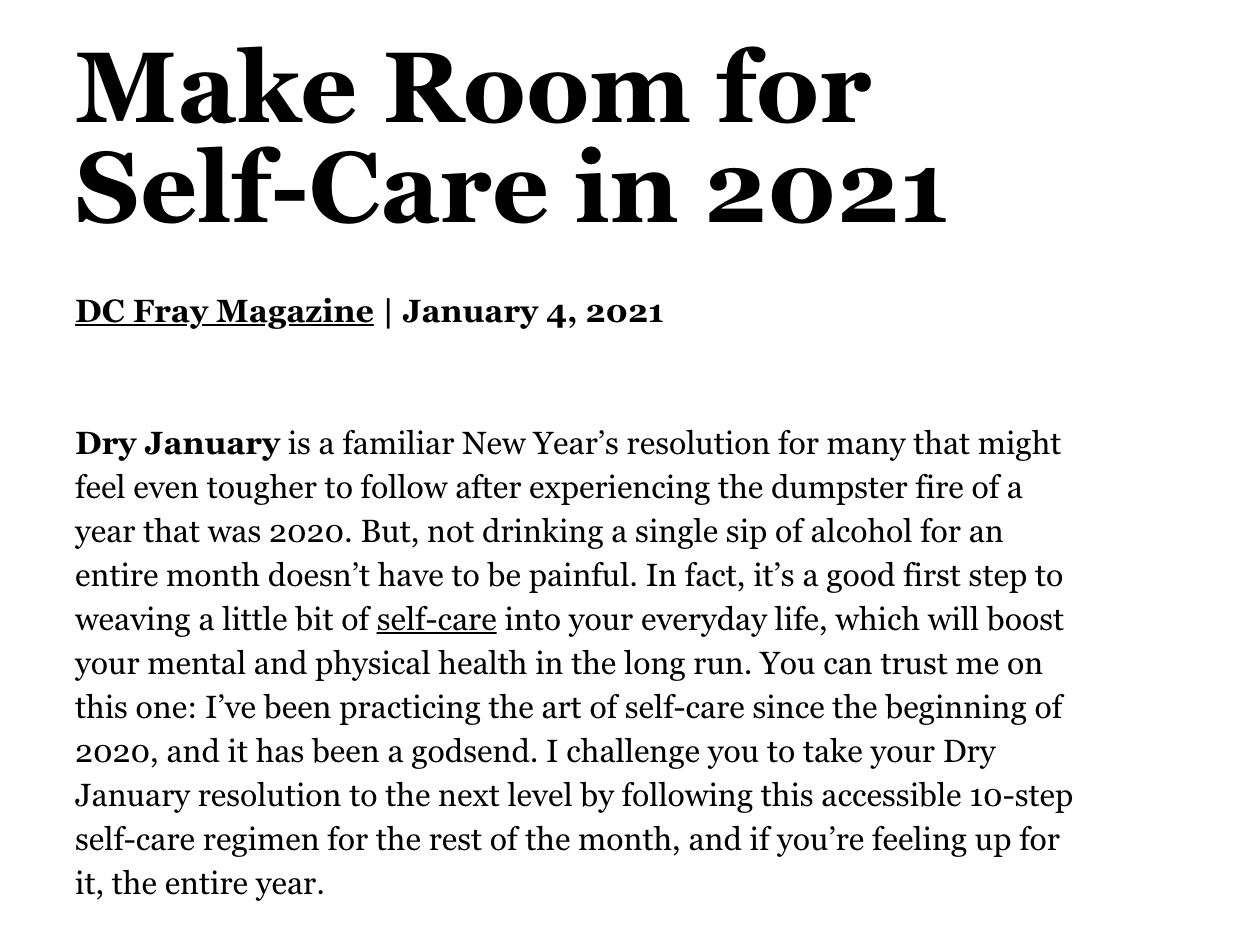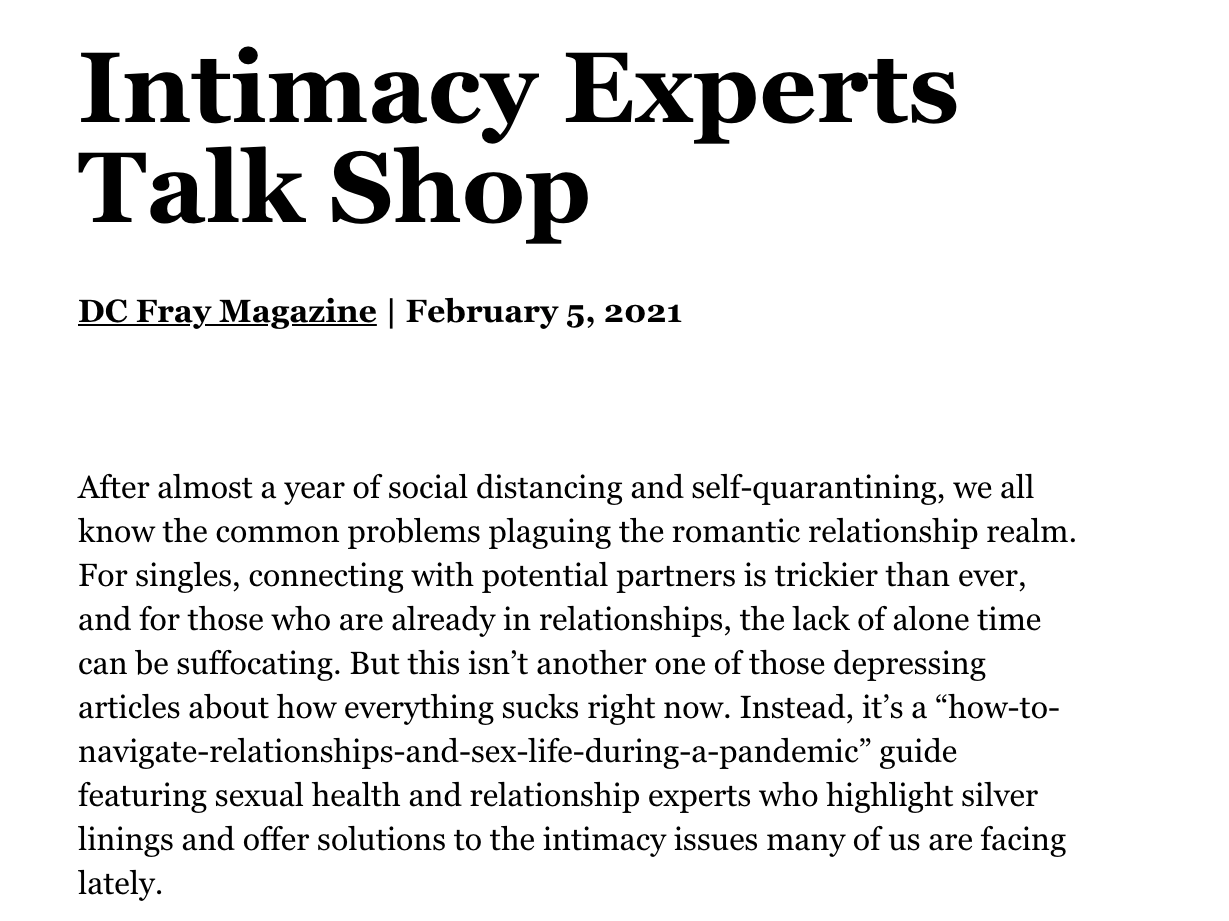D.C. Area Director Josh Leong Discusses Short Film “The Other Side”
DC Fray Magazine | December 9, 2020
The director yelled “Cut!” as the rain began to fall and the sun touched the horizon. The filmmakers were running out of time.
They had just finished an unfilmed scene rehearsal as a loud boom came from a nearby mosque. The Ethiopian film crew warned the rest that the mosques would soon call to prayer, a service featuring loud music that would last about two hours. Their plans for a 38-shot penultimate scene went out the window as the mosques prepared their loudspeakers.
The American crew was to leave in the morning, so it was now or never. McLean, Virginia native and director Josh Leong sat with the short film’s lead actor, Netflix star Ethan Herisse, atop a hill near the orphanage. They were silent for a few minutes as they overlooked a city in the distance. Leong turned to the actor and asked if he could do the scene in one shot, because that’s all they had. The actor thought for a moment and then said, “Yes.”
Hearts pumped and adrenaline rushed as the crew carted their equipment back down the hill in the rain. Leong shouted “Action!” Herisse and the other main actor delivered their lines perfectly, refusing to fall under the pressure of the intense moment. The camera rolled, unrelenting, as the entire crew held their breath for what seemed like an eternity. And then, release.
The rain fell in the yard of the orphanage. The music began to play, and the sun had set. It was done. But no one knew if they had gotten it or not. The single take would have to do. They had no other choice. Later, after loading up all of the equipment, Leong watched the camera footage in the van. It was perfect.
“That one take was the take,” he says. “We did it in one shot.”
“The Other Side,” an 18-minute short film released on November 20, was inspired by the true story of an Ethiopian orphan named Abel, played by Herisse. Fast-approaching was Abel’s 18th birthday, when he would graduate from the orphanage without a place to call home or means to provide for himself. He would have to turn to the streets.
Abel’s story is one of millions. Child poverty is a widespread issue in Ethiopia with 5 million children living on the streets and in various government and private orphanages, or trapped in trafficking and child labor, according to Orphan Care Ethiopia. The nonprofit, dedicated to advocating for Ethiopian children, partnered with “The Other Side” film.
The orphan crisis has many causes including a lack of women’s health resources, a law passed in 2018 banning foreigners from adopting Ethiopian orphans, poverty and AIDS. The list goes on, but the filmmakers decided to leave these causes out of their short film to focus on the issue at hand. After all, with a short film, they have very limited time to explore a widespread humanitarian crisis.
However, “The Other Side,” which has collected a number of accolades along its film festival circuit this past year, is officially slated to become a feature film. In fact, Leong is currently writing the script, and producer Sofia Bara hopes they will begin filming in about a year-and-a-half.
“When we made the short, we quickly realized it was not enough to fully encapsulate the scale of the crisis and their struggles,” Leong says. “What we get to do with the feature is explore more of what happens post-graduation, and understand the street life of Ethiopia and how vulnerable children are affected there.”
Before filming, Leong and his American team decided they wanted to bring on several crew members native to Ethiopia in order to more accurately capture the essence of Ethiopian culture, gain access to the best filming locations and form better connections with the people they would meet along the way. They spent most of the week exploring the community, interacting with the orphans and immersing themselves in the culture they were to convey.
“(Hiring) a local cast and crew enabled us to be more authentic and made us feel like we were working alongside the country, not just traveling and shooting there,” Leong expresses. “We wanted to be listeners, not experts, when it came to the abandoned children crisis and the film we were creating. Ultimately, this was about the kids. If you weren’t willing to put down the camera and interact with these kids on set, then you didn’t deserve to be there.”
The director hopes, more than anything, that viewers of his short film will feel empathy and compassion for the abandoned children of Ethiopia in a way that compels them to help.
“I want viewers to know this isn’t just a story or entertainment. What you’re seeing on-screen is the real life of someone from all the way around the world. Once someone understands that, they’ll see the scope of the crisis and they’ll want to do something.”
In the summer of 2018, Leong traveled to Ethiopia on a mission trip where he met the real Abel. The director instantly formed a connection with him because he was one of the few orphans who knew how to speak English, so they were able to communicate one-on-one rather than through a translator.
Leong says he was fascinated with how much the orphans were interested in the lives of missionaries, even though they were there to serve these disaffected children. This mutual interest in one another’s lives is what kept the director’s relationship with Abel going, even to this day.
“It became much more than a visit, which is a problem of [mission] trips like those, because it’s really easy to just come back to America and return to normal life. But when you have a personal relationship, it’s a reminder of what’s still going on. These things don’t disappear when you leave.”
As he began his freshman year at NYU that fall, Leong decided to tell Abel’s story the best way he knew how: through film. He brought on a few classmates to the project, including Bara and director of photography Tom Ingwersen, who all study together at the Tisch School of Arts. They planned all year, writing the script, selecting their production team and gathering funds for the film, which had its own problems.
“We left for the airport unfunded,” Leong recalls.
Bara jumps in, adding, “In the half-hour drive to the airport, we got a call.”
“It was a German humanitarian, and he called to give us the rest of the money,” Leong notes. “It was another example of how we’ve been unbelievably blessed along our journey.”
To Bara and Leong, signing Herisse on to the project was another blessing. At first, Herisse’s agents said, “No.” They were definitely not going to send him over to Africa with a group of undergraduate film students. The actor’s manager, however, had recently adopted two children from Ethiopia. When she got ahold of the script, she passed it on to the actor.
“He read the script and loved it, so the agents had no choice but to let him do it,” Leong says.
Bara adds, “There were constantly little connections like that to this project.”
Leong has a list in his phone to keep track of the little miracles that made his film possible over the past year, including the Ethiopian connection with Herisse’s manager, the German humanitarian, and of course, the perfect one-shot he and his crew captured in the fading sunlight of their last day of scheduled shooting.
“This film was meant to happen,” he says.
This story was originally published in DC Fray Magazine.



